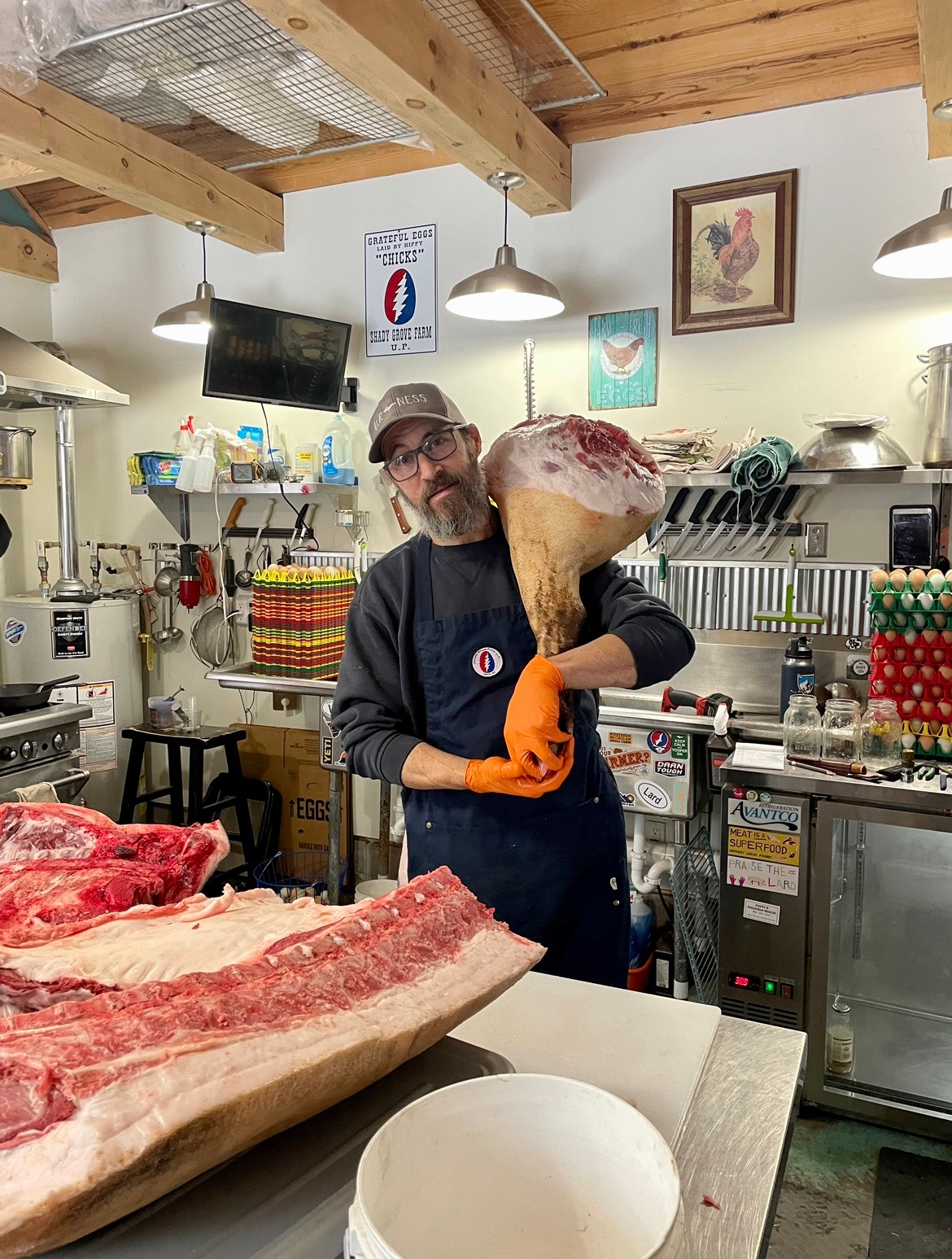We recently connected with Randy Buchler and have shared our conversation below.
Alright, Randy thanks for taking the time to share your stories and insights with us today. Let’s start with the story of your mission. What should we know?
One of my main missions today is to help protect small farms in Michigan. As a farmer that went through a stressful and lengthy legal battle with my township (2009-2012), I’ve got a deep understanding of the nature of zoning issues between farms and local government. Here in Michigan, we’ve got one of the strongest Right to Farm laws in the country. However, many zoning ordinances conflict with the language of the law, which results in numerous conflicts between municipalities and farmers. These legal battles are very costly and in many cases, can be avoided. Many farmers aren’t familiar with the Michigan Right to Farm Act and what is required on their part to be protected by this State Law, which trumps local zoning, as long as the farm is compliant with the applicable Generally Accepted Agricultural and Management Practices (GAAMPs). Part of what I do as a farmer that has experienced this is to bring awareness to these issues while serving as a bridge to help connect farmers with the knowledge and resources needed to protect their farming operations from the government over reach that can result in shutting down small farms throughout the state. For every farm we lose, our local food systems become weaker. For every farm we keep operating, we continue to strengthen our local food systems while building resiliency and creating less dependency on the industrial food system. This work is not just important, it’s crucial to the future of food.
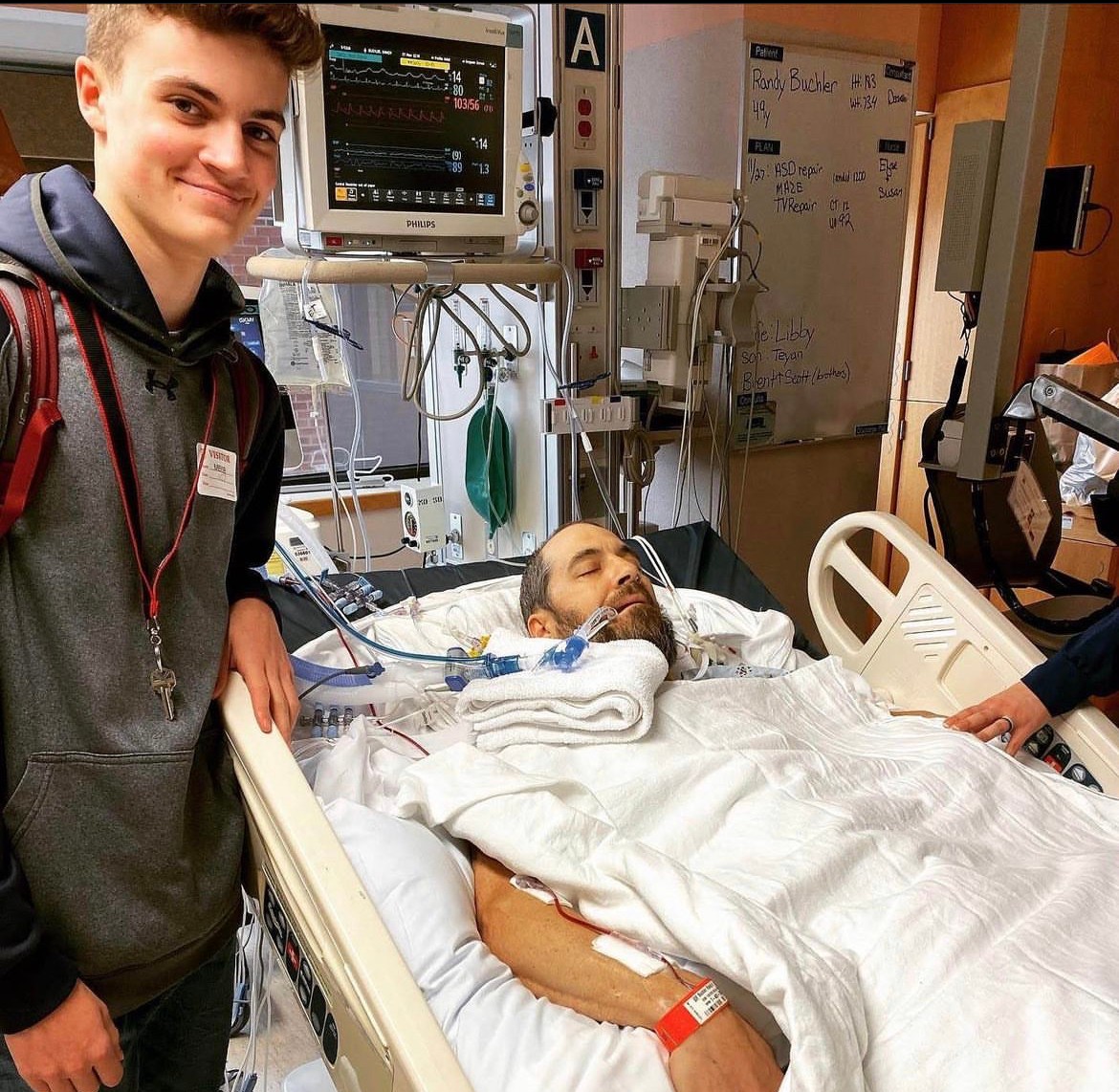
Great, appreciate you sharing that with us. Before we ask you to share more of your insights, can you take a moment to introduce yourself and how you got to where you are today to our readers.
My name is Randy Buchler. My wife (Libby) and I own and operate Shady Grove Farm U.P. in Michigan’s Upper Peninsula. Our farm sits on 6.5 acres and we utilize about 2 acres for our intensive organic, permaculture farming system. Our property is zoned Lake Residential, as we live on a small 78 acre lake. Back in 2009, this combination resulted in a “cease and desist” letter from our township. The reasoning for this alleged zoning violation was because agricultural activity is neither a permitted nor a conditional use in this zoned district. While I can understand wanting to protect neighbors and water from potential “nuisance” activities, there is often no logic applied when zoning is enforced. There were no other reasons given by the township for trying to stop our farming activity other than “it’s not allowed”. So, over the course of 3 years, I educated myself and tried working with our township to figure out a resolution that would allow people to participate in some level of food production in all zoned districts that wouldn’t be harmful to neighbors or the environment. I presented the Michigan Right to Farm Act to the board members. We discussed the idea of changing our zoning language so that it aligned with the law, which provides guidelines for farmers to adhere to that ensure environmentally sound farming practices. I provided scientific data showing the benefits of regenerative and organic farming in communities. I provided scientific data that showed the harmful effects of jet skis, outboard motors, and harmful lawn chemicals, on our lakes and water sources (none of which we have or use). This all fell on deaf ears and our township ultimately filed suit against us. Over the course of this lengthy dispute, I earned a priceless education, one that I never thought I would get. I learned a lot about zoning, Right to Farm laws, litigation, etc. I also learned about an organzation called the Farm-to-Consumer Legal Defense Fund, which is an organization that helps protect small farms throughout the country. They agreed to take our case and represent us against our township. Not only did I earn a priceless education, but we became the first farm to win a Right to Farm case at the circuit court level in Michigan. As a result of this experience, I felt it was my duty to share what I learned and help other farms that may find themselves in the same situation. Myself and 6 other Michigan residents and farmers also founded the Michigan Small Farm Council, which is a (volunteer) grassroots “watchdog” for small farms in Michigan. This is the short version of how this part of my journey began.
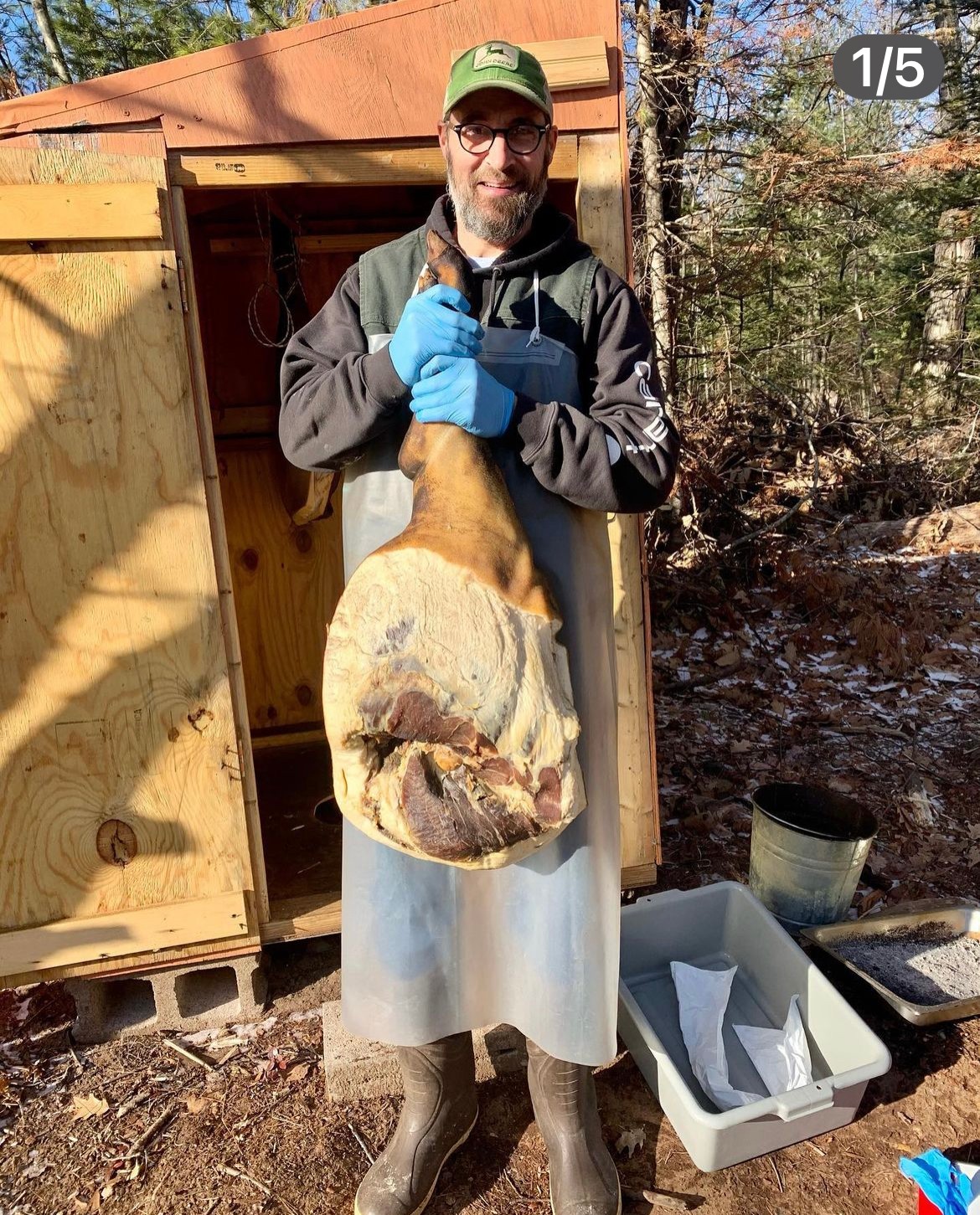
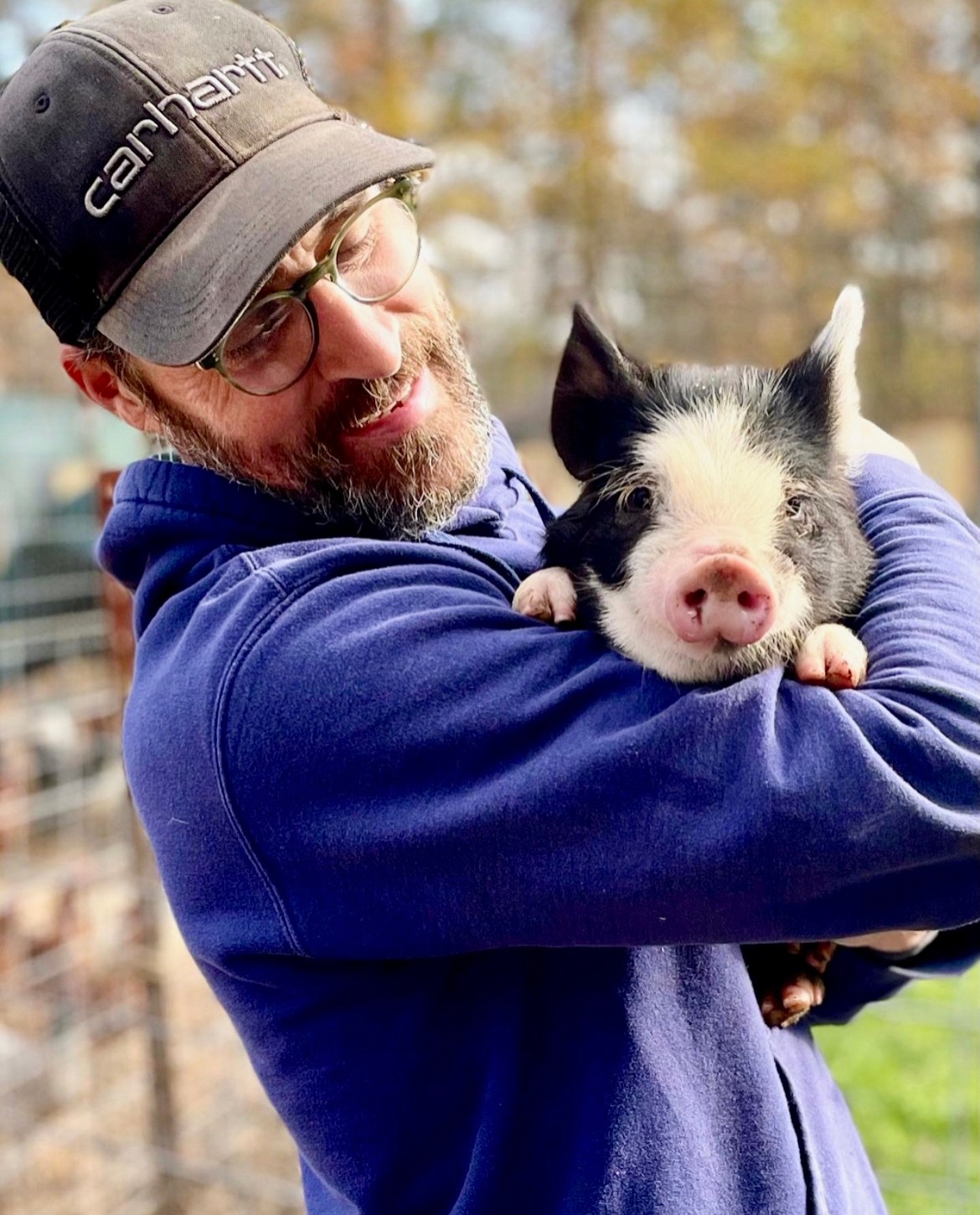
We’d love to hear a story of resilience from your journey.
This whole story is so deep and lengthy, but I’ll give the short version. Our farm dispute began in the fall of 2009. Going back to January of 2008, I suffered a spine injury at work. I broke both sides of my L5/S1 vertebrae in a freak accident. This resulted in needing spine surgery where they used cadaver bone, screws, rods and a cage to do the necessary repairs. I ended up with permanent nerve damage which affected my left leg function and also caused dropfoot. I was lucky to not be paralyzed. The result of this injury was a permanent disability with gait dysfunction, drop foot and chronic back pain. With over $100,000 in unpaid medical bills, I was now involved in an ugly workman’s comp lawsuit and also fighting for SSD (Social Security Disability). So, as I’m recovering from a major injury/surgery, involved in 2 legal battles to make sure my medical bills are covered and that I have income to take care of my family, we get the letter from our township to “cease and desist” our agricultural activity. This ended up being the 3rd legal battle I had to take on at the same time, all while trying to do rehab and recover from a disabling injury. This was a LOT to deal with at once, while having 2 small kids (7 & 3). I also fell very ill with Chronic Lyme Disease in 2010. Needless to say, the mental stress piled on top of the physical stress, was incredibly overwhelming! But I perservered and ended up winning all 3 of these legal battles! This allowed me to now focus on healing my Lyme disease, which came with a plethora of serious symptoms, including temporary paralysis of my legs, seizures almost daily, severe weight loss, impaired speech, and many more. Over the course of 6-7 years of dealing with the illness, I was finally able to get Lyme to go dormant in 2017. In the U.P. where we live, there are a lot of Finnish folks. They call it SISU – which loosely means “perserverance and determination, helping people overcome the adversities they face in life”. I’m beyond thankful that I was able to tap into my SISU!
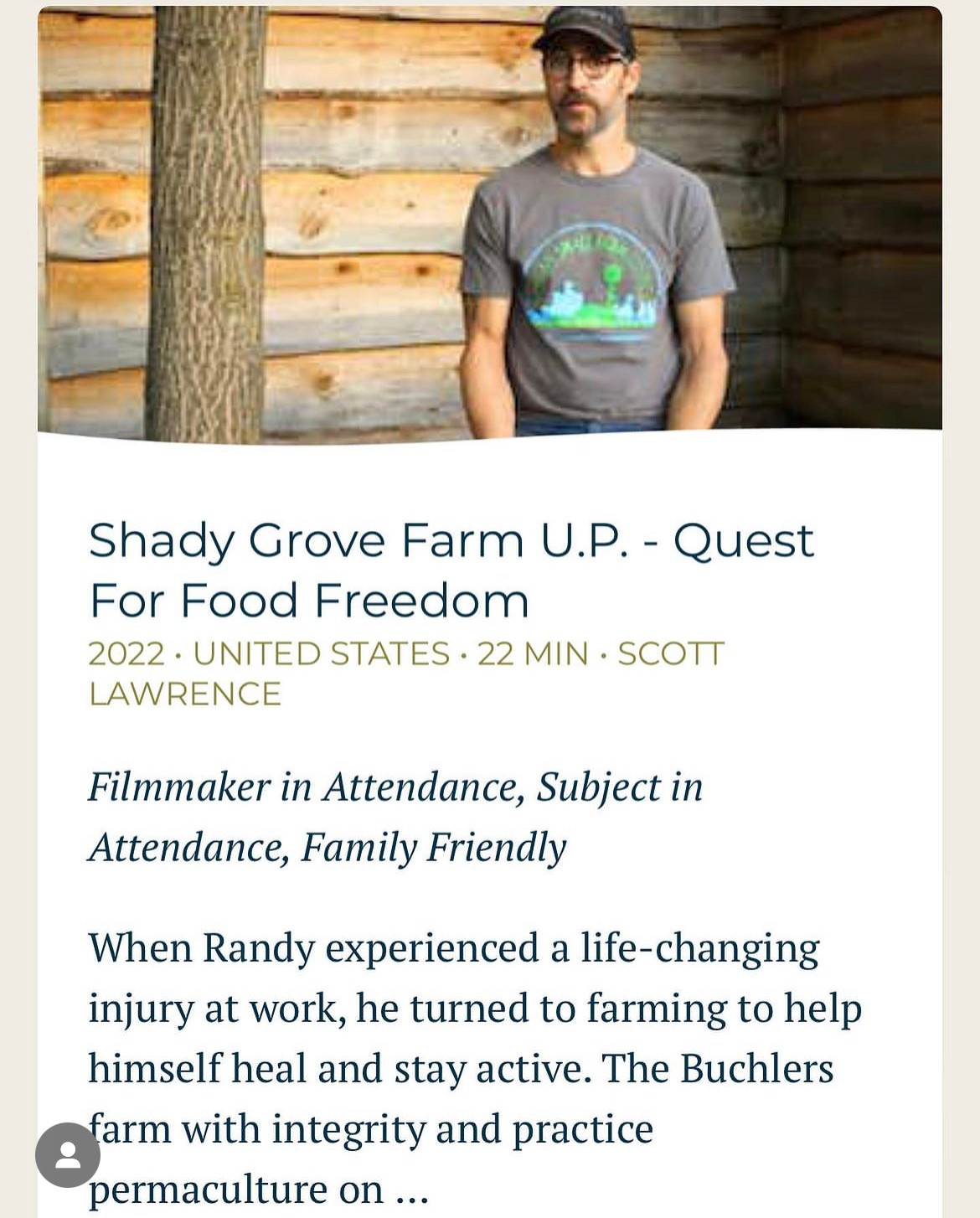
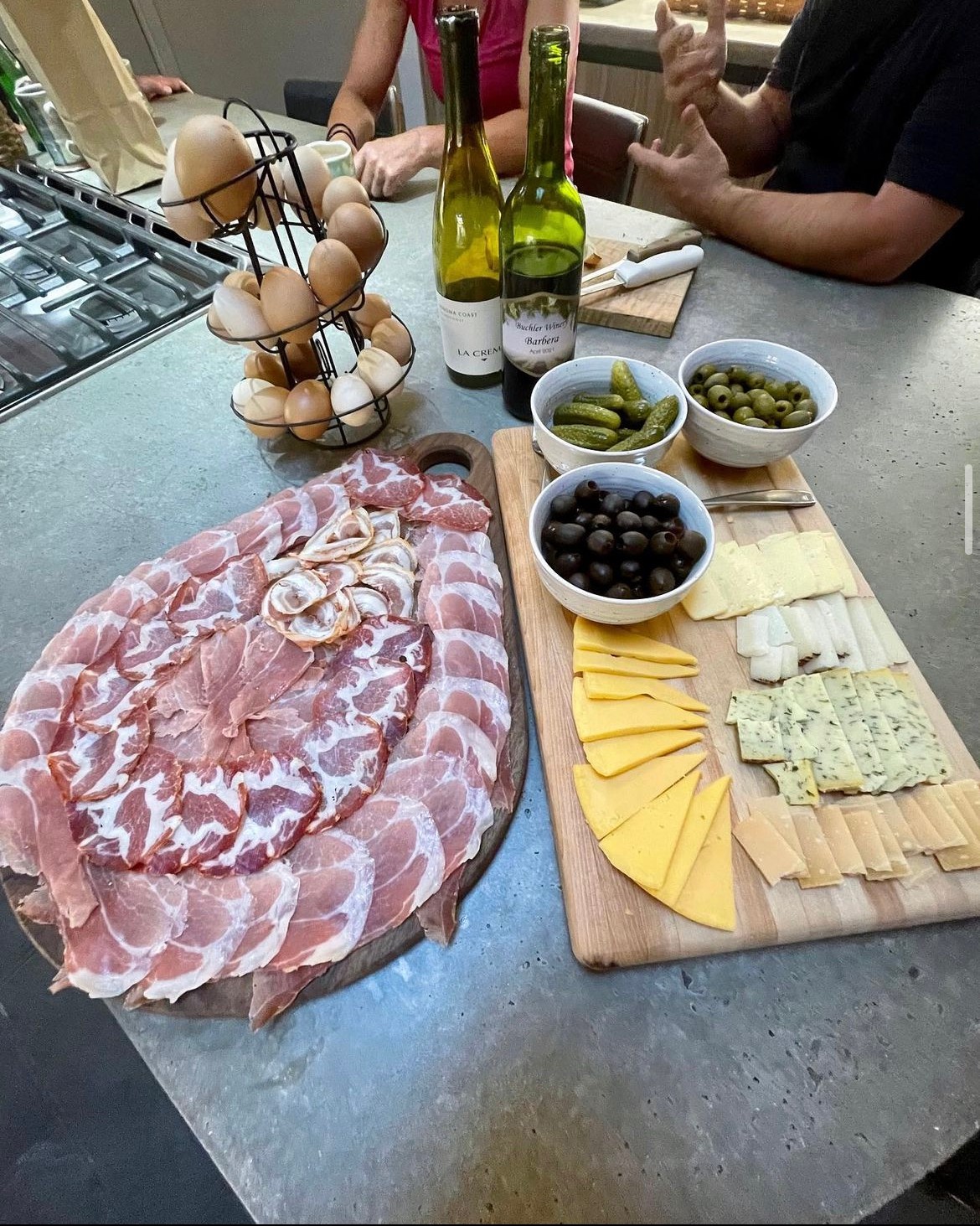
How about pivoting – can you share the story of a time you’ve had to pivot?
My pivot came after my spine injury. At the time of my spine injury, I was a crew foreman working for a company doing line clearance tree trimming along the power lines. I was making good money and had good benefits for myself and my family. Life was good. My wife was able to stay home and take on the hardest job of being a stay at home mom. She was also homeschooling our kiddos and tending the garden. After my spine injury and recovery, we both had to pivot careers and life. She ended up having to get a job while I stayed home with the kids. I was now living with a disability, Chronic Lyme Disease, and accepting a new existence and role in life, while Libby worked away from home. I knew that staying home was going to be a lot for me. I also knew that an existence on opioids was not something that I wanted. So, I needed to figure out how to handle my pain management in a way that also allowed me to be present for my kids and be the parent that I needed to be. This is when we started expanding our food production efforts. I knew if I had physical activity to keep my busy, it was going to be beneficial in the long run, physically and mentally. So we added more growing areas and more chickens. We added some wool sheep. Soon there was a small greenhouse. My spine injury is what ultimately led me to becoming a farmer. I fell in love with the whole way of life and saw a demand for organic, local food. I started selling eggs to offset the costs associated with raising livestock. Soon it became a financially self sustaining farm and resulted in a total pivot of life and work. Now, I’m able to work at my own pace, take breaks when I need to, and provide nutrient dense food for my family and commity. The next pivot came from our Right to Farm lawsuit with our township. This is what led to my activism work as a farmer and as a founding member of the Michigan Small Farm Council. Now, I teach about permaculture, animal harvesting/processing, meat curing, food preservation and also do a lot of consulting with farms having legal issues with their local governments. It’s not a place that I ever thought I’d find myself, but I’ve found myself in a place where I’m able to participate in very rewarding work. I don’t get paid for my consulting work and I don’t charge for the informal classes that I hold on the farm. I get paid in knowing that I’m helping others in ways that are life changing and also help create stronger local food systems and resiliency at a community level.
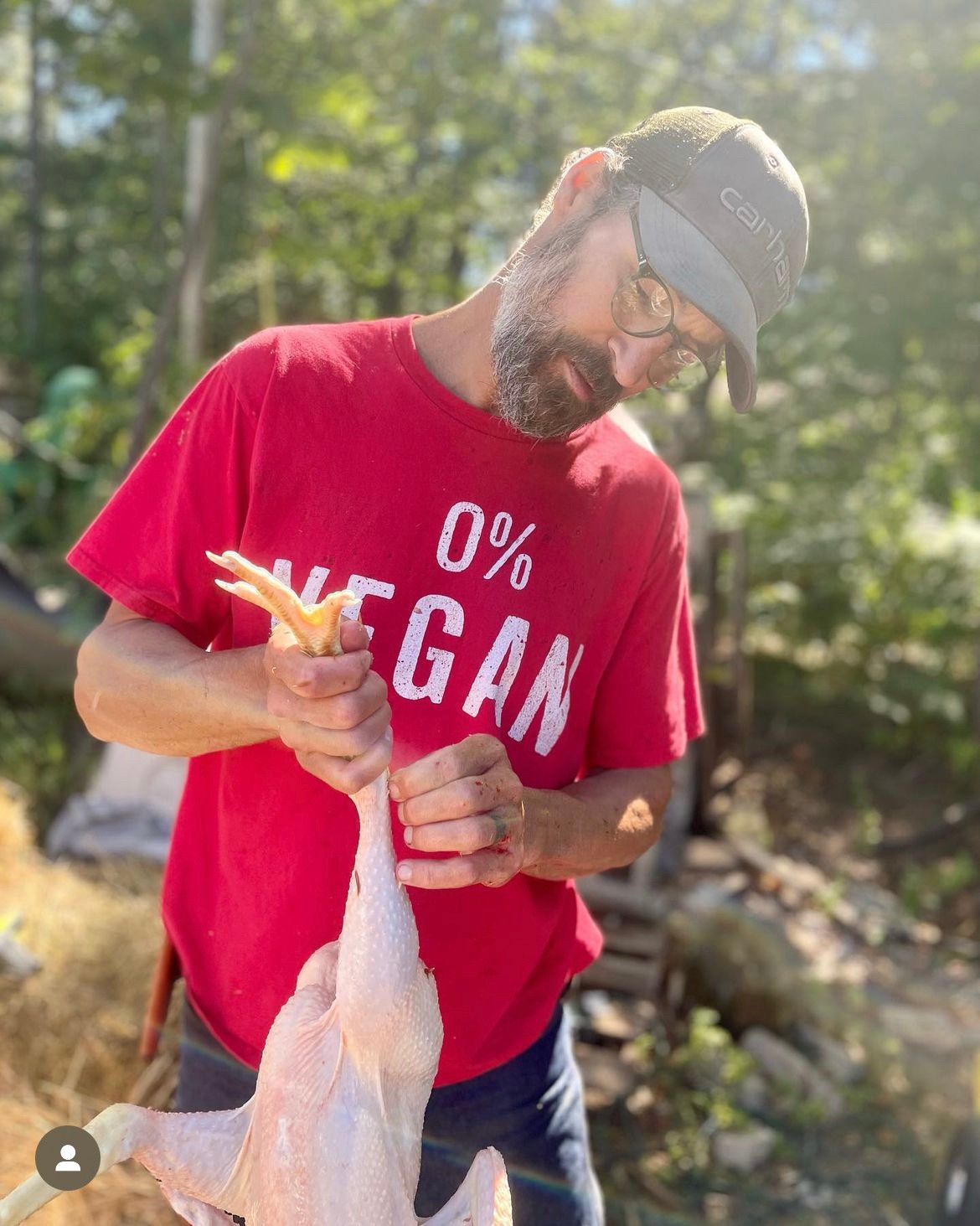
Contact Info:
- Website: gratefulegg.org
- Instagram: https://www.instagram.com/shadygrovefarmup/
- Facebook: https://www.facebook.com/ShadyGroveFarmUP/
- Other: michigansmallfarmcouncil.org , http://farmtoconsumer.org/
Image Credits
Scott Lawrence took the “Shady Grove Farm U.P. – Quest For Food Freedom” photo. His business is Upper Productions.


